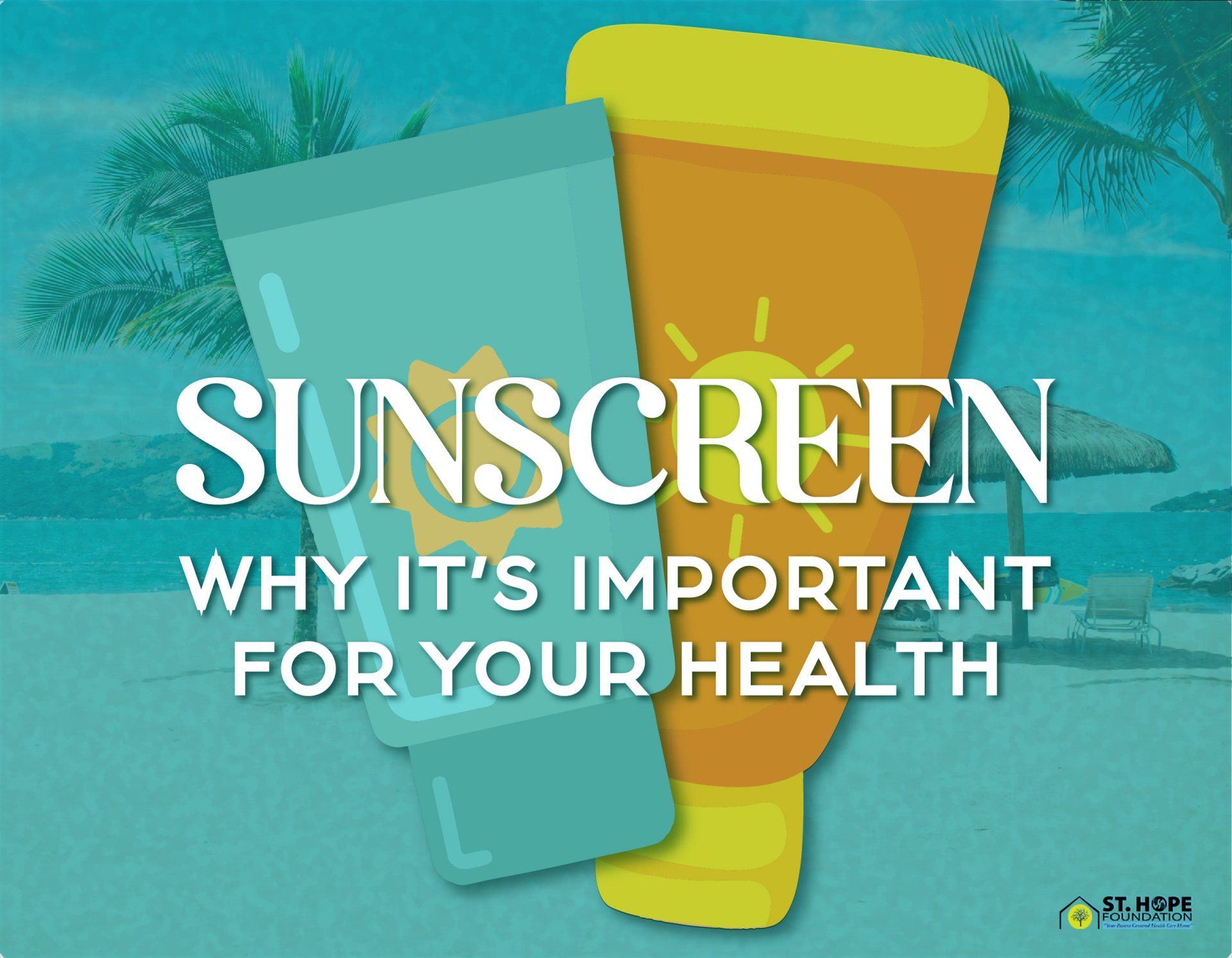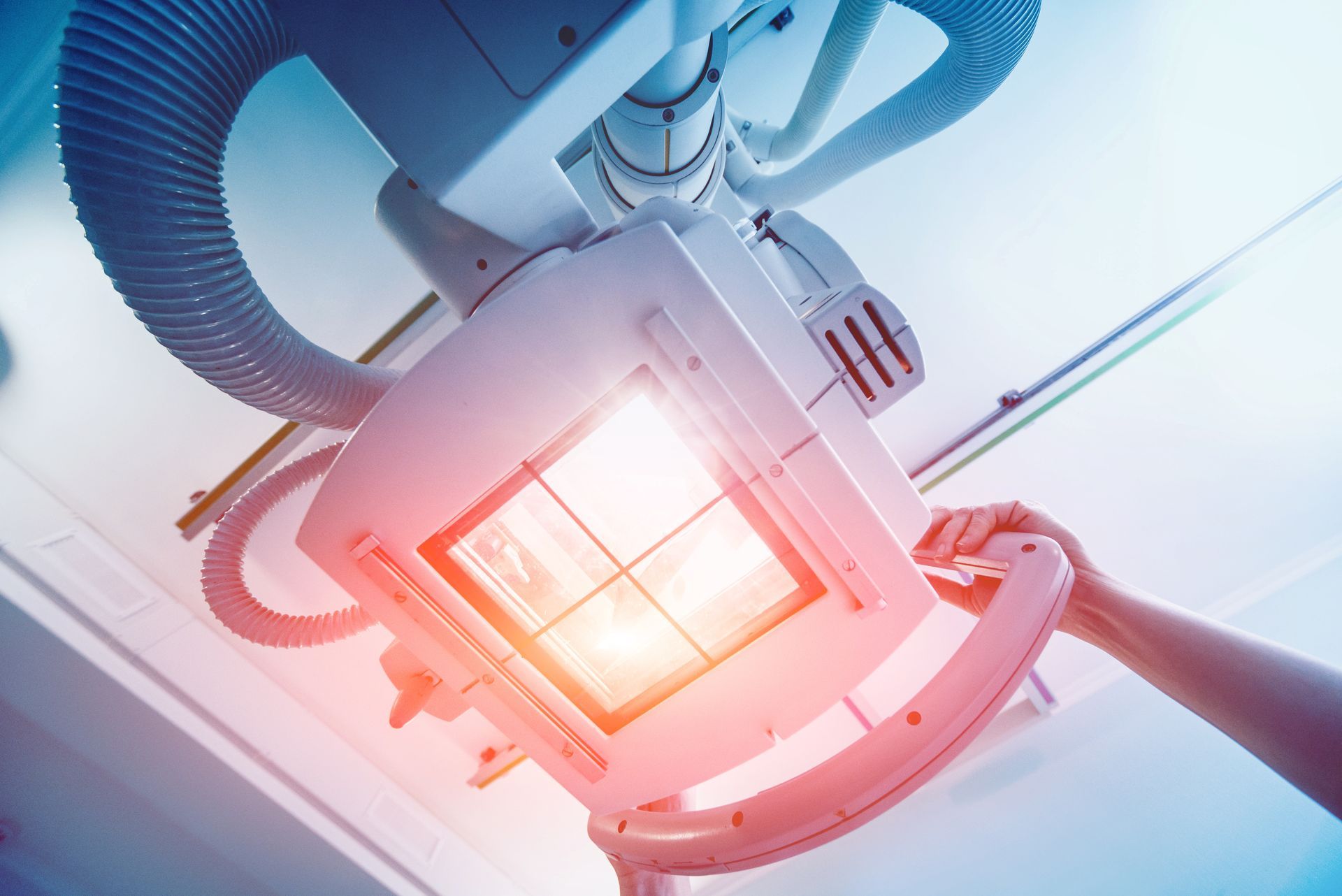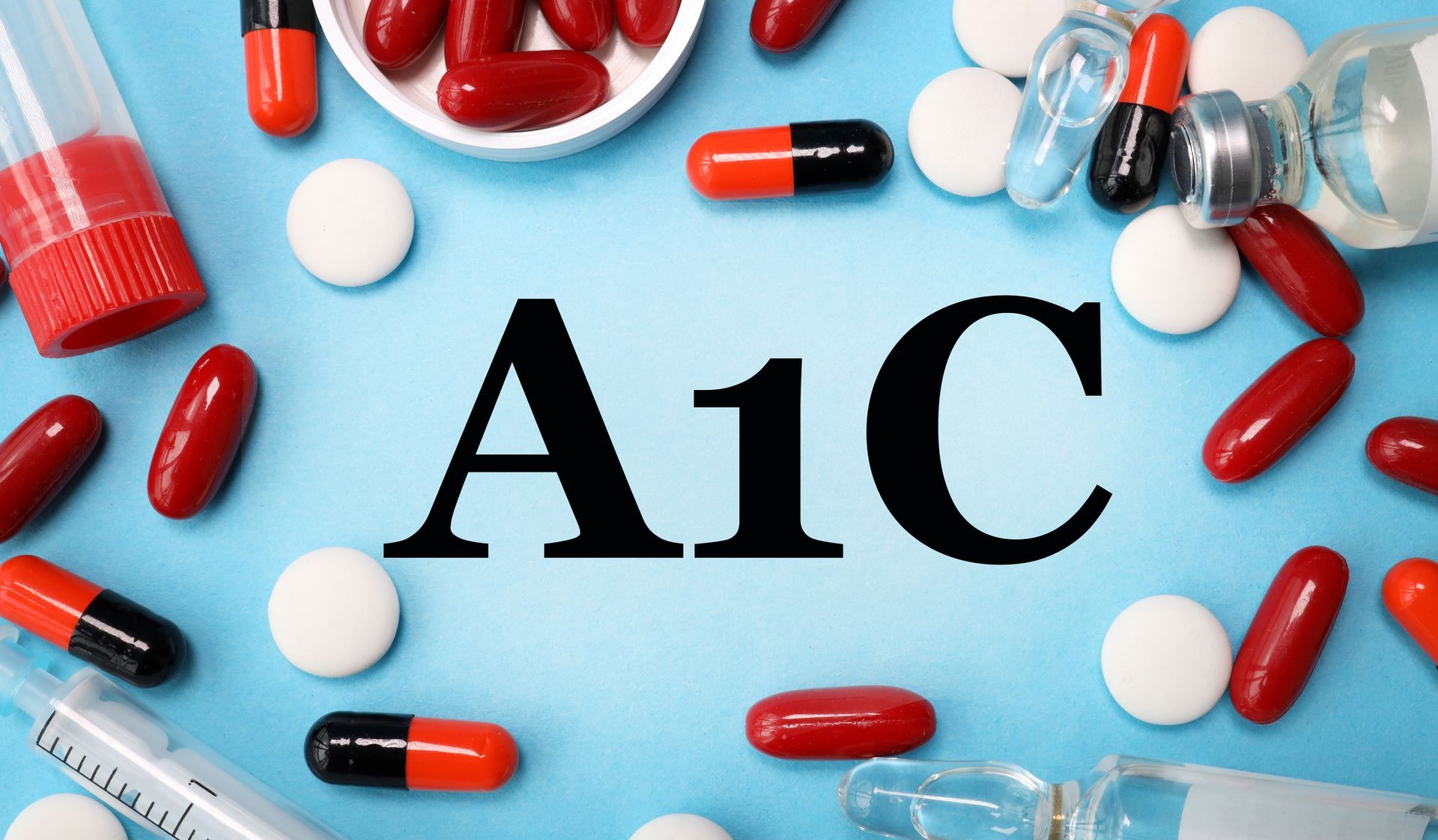Recent Posts
Why Wearing Sunscreen Is Important for Your Health

Medical experts recommend sunscreen because the sun emits ultraviolet rays that are harmful to the skin. Health problems may arise after repeated exposure to UV (ultraviolet) rays. Wearing sunscreen every day is a great way to protect yourself from melanoma.
What Is Melanoma?
Melanoma is skin cancer caused by tumors on melanocytes. Melanocyte cells produce melanin, which gives skin its color. Since melanoma spreads to different parts of the body easily, it is more dangerous than other kinds of skin cancer.
What Causes Melanoma?
While genetics and other variables may also play a role, doctors believe ultraviolet light is the most significant cause of melanoma. Every person is exposed to ultraviolet light via the sun. People who utilize tanning beds are also at increased risk due to the ultraviolet lights used in the devices.
Am I at Risk?
Anybody can get melanoma, meaning everybody is at least somewhat at risk. That said, certain factors could increase your chances for developing this type of skin cancer.
Light Skin
Melanin helps regulate skin pigment and provides some protection against melanoma. Since people with light skin have less melanin, they are more likely to develop melanoma than people with darker skin.
Exposure to Ultraviolet Rays
People constantly exposed to ultraviolet rays are at an increased risk of melanoma. Typically, people who fall in this category tan often—either at tanning salons or because they frequent the beach or other outdoor environments where a lot of skin is exposed. Construction workers may also be at risk if they work in the hot Texas sun all day. Athletes who play outdoor sports may also have a higher probability of melanoma.
Sunburn Easily
People who frequently get sunburns are at a higher risk of melanoma. Sunburns injure skin cells. Frequent sunburns prevent the cells from properly healing before being reinjured, which could cause the skin to age rapidly and the melanocytes to mutate.
Location
Environments where the sun is intense often pose a higher threat of melanoma. Southern states that are closer to the equator (including Texas) have a higher UV index, meaning more intense exposure to potentially cancer-causing UV light.
Symptoms of Melanoma
Every person should be on the lookout for the physical signs of skin cancer. Sometimes a mole is just a mole, but other times, it is more serious. New moles/growths or skin discoloration may be worth mentioning to your doctor. Any changes to current moles could also be an indicator of melanoma.
How Can I Protect Myself?
Wear Sunscreen
According to the Skin Cancer Foundation, using SPF 15 sunscreen could lower the risk of melanoma by 50 percent. Sunscreen could also reduce the risk of other types of skin cancer.
Wear Protective Clothing
Clothing that protects the skin from exposure to the sun helps, but it isn’t always practical. Exposed skin is practically inevitable at the beach or a pool, but swimmers may want to find shade under an umbrella fairly frequently to avoid burns. Laborers and athletes are typically less exposed, but hot temperatures usually mean shorts and short-sleeved shirts that leave the arms and legs bare to the sun.
Avoid Tanning Salons
Medical experts advise against tanning salons since deliberate exposure to UV rays could harm the melanocytes.
Inspect Your Skin
Regular skin inspections are crucial for detecting the symptoms of melanoma early. If melanoma is caught early, it can often be treated before it has a chance to spread to other parts of the body.
Skin Cancer Treatment
If melanoma is discovered before spreading, the standard treatment is removal of the tumor. The size of incisions necessary to excise melanoma is entirely dependent on the size and depth of the tumor. Some patients use skin grafts to cover the surgical wound.
What Should I Do if I Notice New or Growing Moles on My Skin?
If you notice any changes in your skin, you may benefit from consulting with a doctor. If you live in the Houston, Texas area and believe you may have melanoma, or you need moles/skin lesions removed, book an appointment at St. Hope Foundation by calling (713) 778-1300.









